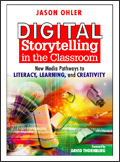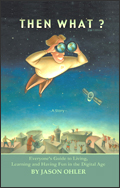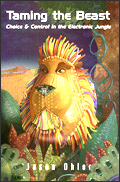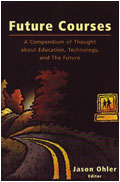 The 1979 Iran revolution is often called the cassette revolution because it was the mass production of cassettes illegally smuggled into Iran that brought about the Shah’s downfall and put the current regime in power. From Bretton’s International Relations in the Nuclear Age (1986):
The 1979 Iran revolution is often called the cassette revolution because it was the mass production of cassettes illegally smuggled into Iran that brought about the Shah’s downfall and put the current regime in power. From Bretton’s International Relations in the Nuclear Age (1986):In 1979 the Shah of Iran with the aid of a highly efficient brutal secret police, seemed firmly in control of all means of internal and external communications in Iran. Yet highly inflammatory revolutionary messages demanding his overthrow, taped in exile by his principal opponent the Muslim leader Ayatollah Khomenei, reached the masses. Smuggled by cassette into Iran, there reproduced and distributed en masse, the Ayatollah’s the word eventually triggered a popular uprising, forcing the Shah’s departing.Fast forward to now, when bulky cassette players are replaced with sleek cell phones. Although the government tried to stop the bloggers, tweeters and everyone else plugged into the great international data cloud, the world learned once again that there is simply no stopping connectivity. With so many ways to connect, and so many info savvy, motivated people willing to speak, radio free Internet filled the ether waves. All that was required to change world perception was for a few bloggers to let us all know that the official word and the word on the street were very different. In the iPod age, Iran became iRan.
What’s our take away? That if an all out, government sponsored assault on the Internet could not bring it to its knees, then certainly it will never leave our shores, our schools, or our childrens' lives. That while internet lock down in K-12 schools is enticing and plays well in the press, it is rarely effective. This leaves us with a clear choice: no matter what kind of filtering we may wish to impose in schools, we need to couple digital skill training with wisdom building if we are going to teach students how to manage their lives in the infosphere. If we don’t like what is on YouTube, let’s teach them how to create stuff we would like to see there. If we think blogging is dangerous and superfluous, then let’s teach them how to make it safe and relevant. Like water that crosses borders, information flows around any rocks in its path. Let’s teach our students how to navigate that water critically, creatively and with a sense of humanity that will serve us all well.
For more information about the role electronic media played in recent events in Iran, see Jon Bernstein’s report: Iran - the Backstory
Image from a paid Clipart subscription.
Cross-posted with InfoSavvy.






